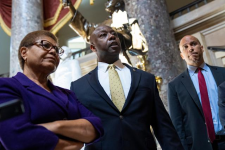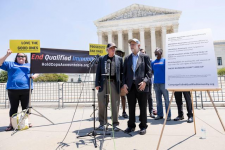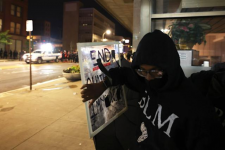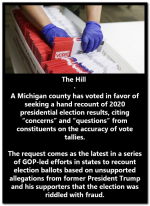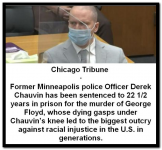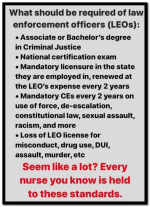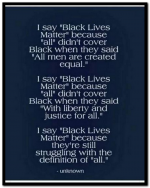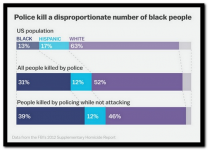NO THANKS.
I'm against any law that further handcuffs our great Police Officers and gives more leeway to the dangerous criminals that they have to deal with every day.
Not supportive of it. Qualified Immunity exists for very good reasons and must continue to exist.
I have a feeling if a lot of the Cop Haters had their way and further hamstring the Police so criminals can run even wilder over everyone, there will come a time in the not so distant future when everyone will be wishing they hadn't done that.
Once the entire nation coast to coast looks like Downtown Detroit. Man...wont that be nice?

The Misconduct Registry, body cams, and stuff like that are fine by me.
Remember folks: the Police are STILL the good guys, no matter what your shrieking 24/7/365 Hysterical Media Stream is pumping out all day every day. They are deliberately misleading you to not "report" the news, but they
create the news now. Just like Mike Brown. Dont be a fool, dont be conned into that. Its all a lie.

And, FFS, do NOT name the law after some low life career violent criminal that attacked innocent people in their homes. Sheeeezusss F Christ -smh-




